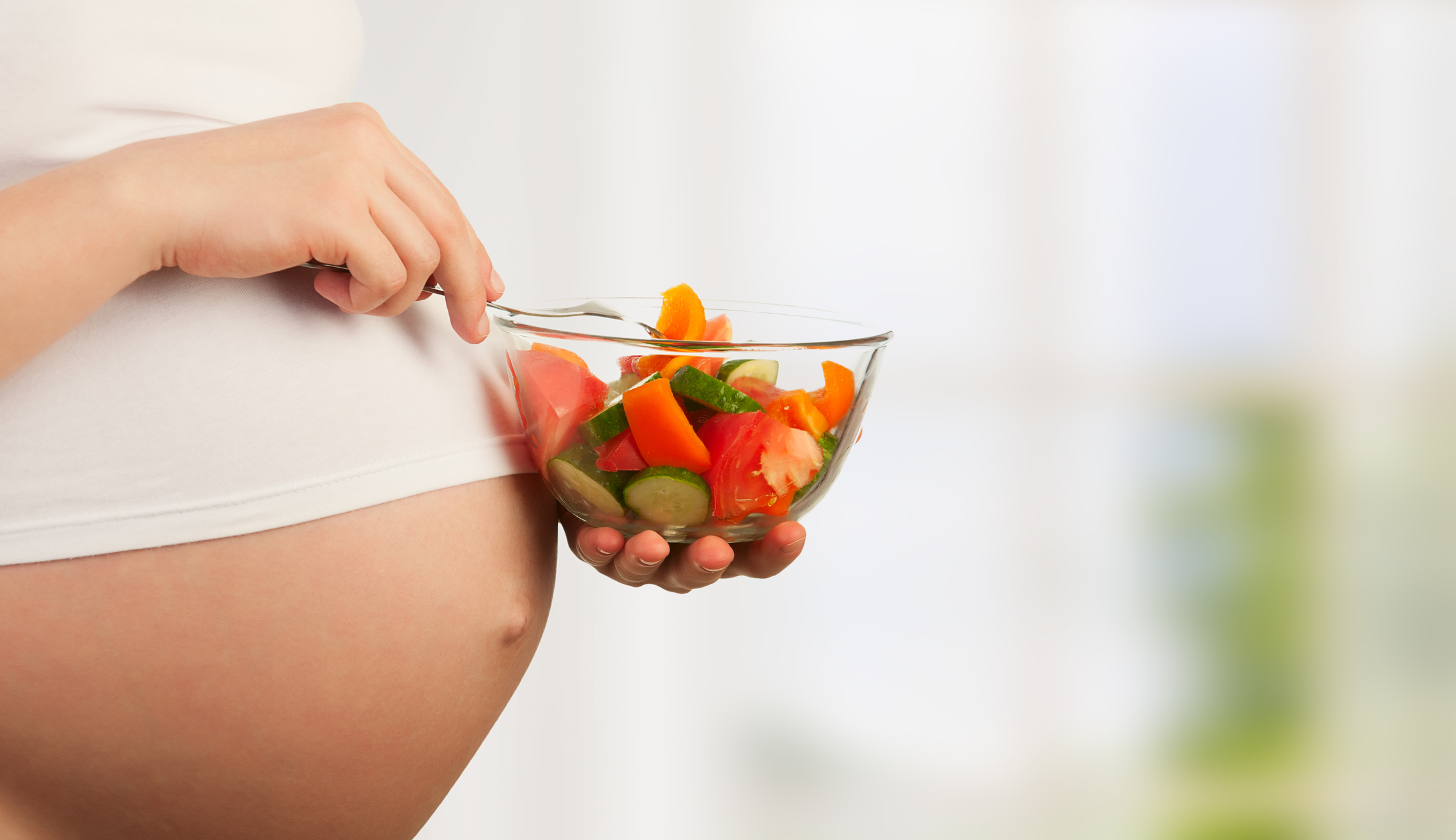Pregnancy And Heartburn: Causes And Relief Techniques
Eat Small Portions And More Frequently

You may have found it difficult to stomach most food in your first trimester if you suffered from nausea and morning sickness. If you feel better during the second and third trimester, now is not the time to eat without inhibition. Eating large meals can contribute to heartburn and indigestion. Aim for five to six smaller meals daily instead of three large ones. Avoid eating to the point that you are full. During pregnancy, there is less room for your stomach to expand, so the amount you eat normally may be too much for your growing belly. Eating smaller meals can also help with weight gain during pregnancy, ensuring that you maintain a healthy weight for you and baby.
Drink Solids

Liquid-based foods can cause fewer heartburn related problems than solids since they move through the body more quickly and your stomach is able to digest them more easily. Consider having meals in soup, smoothie, shake or pudding form. Just ensure your liquids do not contain any irritating ingredients such as citrus fruits, tomatoes and caffeine. Also, try and include protein and healthy fats, found in nuts and avocados, to make it a balanced meal. Smoothie bowls can also make great liquid meals, especially when healthy granola chunks or chia seeds are added. Just ensure that you chew the solids thoroughly to an almost liquid consistency to help with digestion. If you opt for a solid meal, avoid gulping down your drink and take small sips instead.
